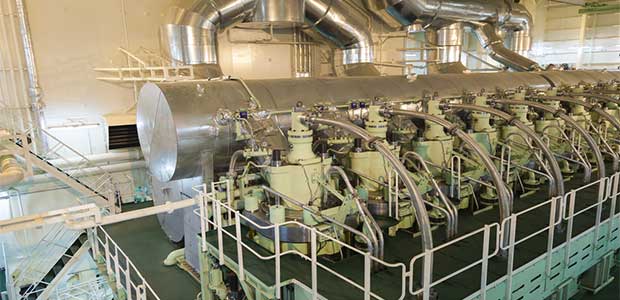
Marine Diesel Engine Process Given Flexibility Via EPA
The EPA recently proposed a change in the national marine diesel engine program that will allow better flexibility and make compliance with standards more achievable.
As of August 26, the EPA is proposing to amend the national marine diesel engine program to both increase flexibility and allow the industry to meet EPA standards during manufacturing processes. The amendment would provide relief to boat builders and manufacturers of lightweight and high-power marine diesel engines used in high-speed commercial vessels like pilot boats and commercial vessels.
Both EPA and boat builders and manufacturers are presently in support of the amendment, saying it will make lives easier on both sides. The proposal will specifically help builders’ whose production capabilities have been affected by a lack of available engines with desired size, power characteristics, and meet current standards. In addition, the proposal makes the following changes:
- it will also provide additional lead time to meet the agency’s Tier 4 standards for qualifying engines and vessels
- it will include changes to streamline the engine certification process to promote certification of engines with high power density
- it will include a technical correction to the national marine diesel fuel program that clarifies that fuel manufacturers and distributors may sell distillate diesel fuel that meets the 2020 global sulfur standard adopted by the International Maritime Organization (IMO)—hopefully helping U.S. fuel manufacturers and distributors to meet the IMO standard on time and without creating additional industry burdens.
EPA Region 4 Administrator Mary S. Walker says “This proposed rule will give boat builders and manufacturers regulatory certainty and encourage continued growth at the port. This action is a win-win for builders and bar pilots and allows goods and services to continue moving at the port.”
“The current standards have made it impossible for the bar pilots to purchase any new vessels because there simply is not a single manufacturer that can meet the requirements. The new guidance will give the pilots the ability to purchase new vessels, so they are able to continue to do their important job while ensuring there won’t be any disruptions to the shipping traffic or other unnecessary delays at the port,” said Congressman Earl L. “Buddy” Carter (GA-01).
For more information, you can read the summary of the proposal here or visit the EPA news release on the topic.